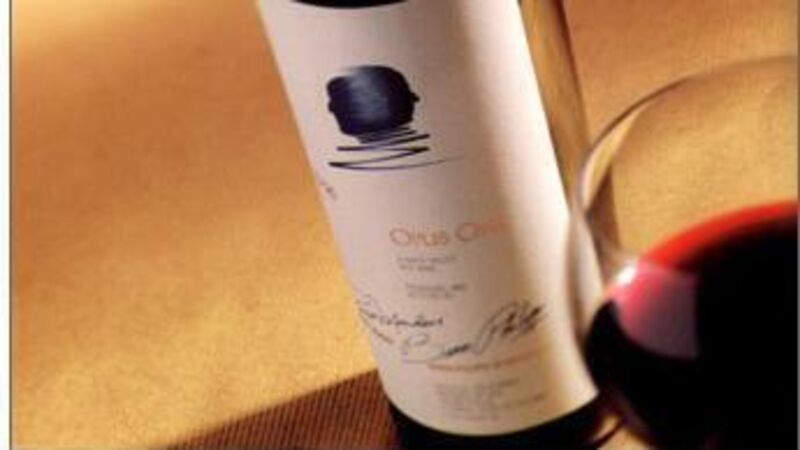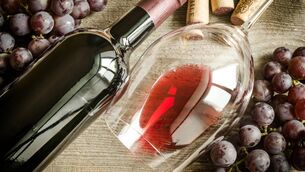Wine with Leslie: The folly of wine labelling - and the dangers it poses

Wine with Leslie: not a fan of labelling wines on the basis of health risk
Our idiotic Department of Health is at it again and if they succeed in their latest folly we could be waving goodbye to 95% of the wines recommended on this page. The Government is determined to introduce new health labelling on alcohol products as the final part of the 2018 Health (Alcohol) Act which also brought us minimum pricing. Already agreed by the EU Commission, the proposal is with the World Trade Organisation (WTO) for approval as the labelling may be an obstacle to International Trade.
Under the proposal, it is likely the labels will need to be applied by the producer and include a cancer warning. We would be the only EU country requiring this labelling and this will in my opinion seriously damage our standing in the EU and endanger the free movement of goods.








